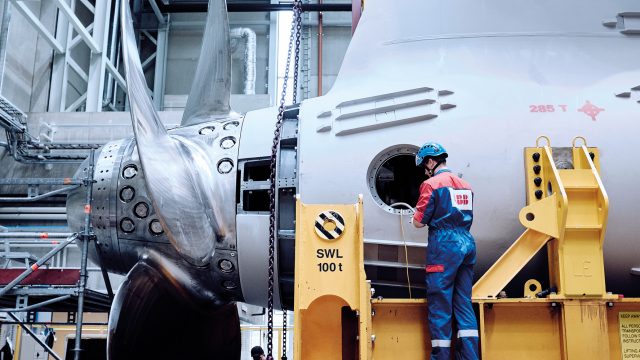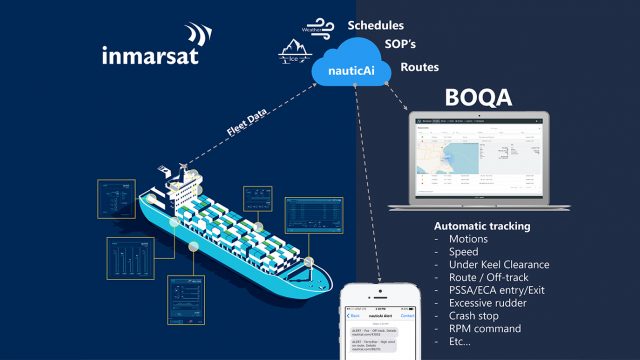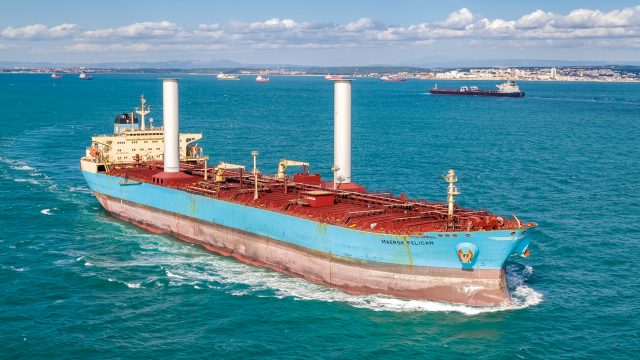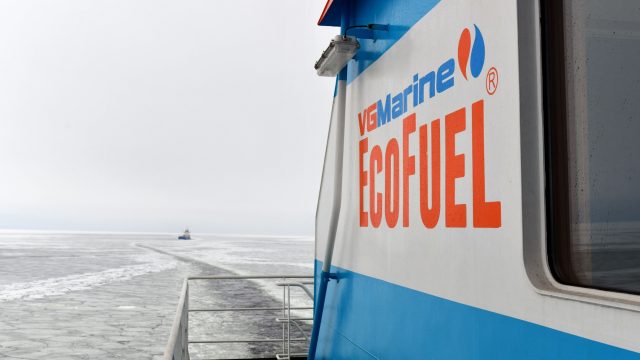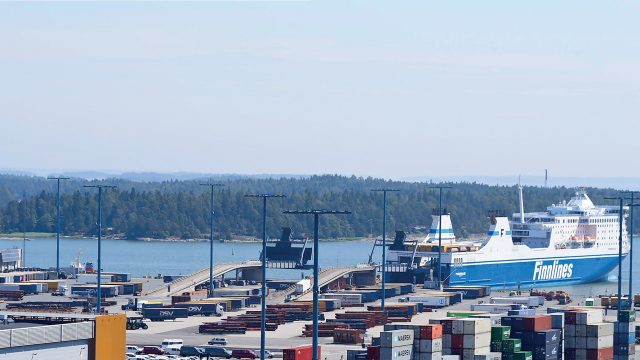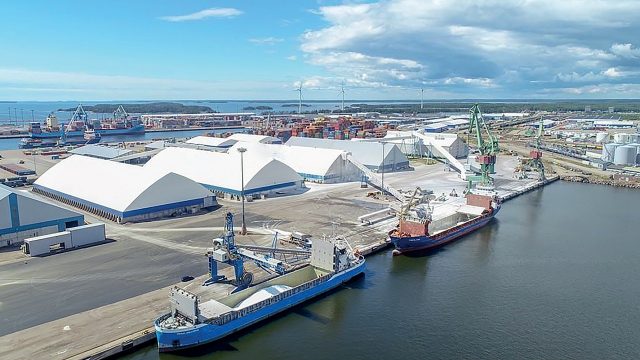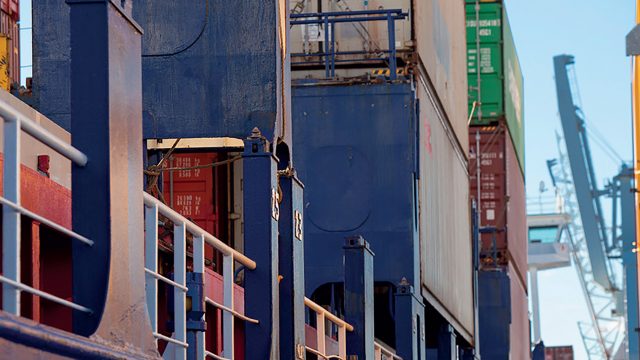As chief digital and innovation officer of the Port of Antwerp, Erwin Verstraelen was brought onboard in 2017 to help Europe’s second-largest port solve supply chain problems with technology driven solutions.
He has a message for the maritime industry at large: “I am so sick and tired of hearing that we are the dinosaurs,” Verstraelen said.
“If 90 percent of the global trade is maritime based, you can’t be a dinosaur.”
That was the theme he brought to colleagues during the annual Breaking Waves seminar in Helsinki, where Verstraelen urged those in the maritime industry to expand their vision of an industry that is not nearly as primitive as some might believe.
“Let’s stop pretending that we’re dinosaurs, because we’re not,” he said. “See the opportunity for what it is. Start small with committed people and it gets started. Stick out your neck.”
“We have seven billion brains, four billion of them are connected. We have brilliant technology. We have ideas. They only thing is mindset. That’s the big thing, the glue to get it all together. The mindset to see all of these things coming together on the table. What is lacking? Nothing. Plus, we have the challenges that are driving us forward. Simple as that. That’s my role, to keep convincing people. Don’t stop. Do it.”
Such an expanded, enlightened and progressive mindset must include data sharing, he emphasized. If 15 worldwide ports move half of the global containers, Verstraelen said it is imperative for those competitors to join forces and share information, particularly in a joint defense against cyber-security attacks.
“Right now, there is a lack of trust, not wanting to share data,” Verstraelen said.
“But if there is a cyber-security incident, we will share knowledge. If possible, we’ll help each other out. That’s the next level. That will continue as we gain trust among each other.”
The reluctance to share data, he said,
“is the big elephant in the room. Ac- knowledge that. For example, in exports, one of the founding principles in the data platform is you’ll always be the one who decides who has access. So, your data is in a vault and you open it up to someone, depending on your trust level. By doing that, gradually, trust increases and you open up more and more of your data.
Question is, how do we create an opportunity or a solution around it?”
In his mission to put the maritime industry on an upward trajectory, Verstraelen applies the four principles he has used in Antwerp to keep the port innovative.
The first proved values, because he does not believe in proved concepts. “In most cases today, technology works,”
Verstraelen said. “If it doesn’t work, then try again in six, 12 or 18 months because technology evolves at an exponential rate. The most dangerous thing you can do is not try it again.”
Second, expand experimentation to all levels within the organization. “I do not believe in a model where it’s limited to one group,” he said. “Innovation is everywhere, but innovation is not chaos. It’s a structured process. You need to have innovation enablement, a culture where people see opportunities for change.”
Third, open up the innovation platform and allow and invite outsiders with expertise to come to the port. “That pushes innovation further, it speeds it up,”
Verstraelen said.
And fourth, outside-in innovation.
“Inside-out innovation is the more traditional approach, where a company has a challenge or a problem and goes outside to find a solution,” he said. “We believe the opposite is much more powerful, which is outside-in innovation. You surround yourself with ecosystems, with academia, with research centers, with incubators and so on that continuously inspire you with what they’re doing.”
For example, Verstraelen said he noticed that drones with cameras were being used in the agriculture industry to detect crop disease. He wondered if the same technology could be used to detect
oil spills.
“Why? I’m the fifth largest bunkering port on the planet and I spend an amount with six zeros in it on a yearly basis to clean oil spills up,” he said.
“I have a port of 120 square kilometers. The harder it is for me to see the oil spill, the more costly it is to clean up. If I have a drone that flies six times a day and night over the port with the hyperspectral camera, I would be able to spot oil spills far better. That kind of merge with technology doesn’t happen if you start going outside with your problem looking for a solution.”
Bottom line, Verstraelen said, the maritime industry is not a dinosaur, and nor should it behave like one.















